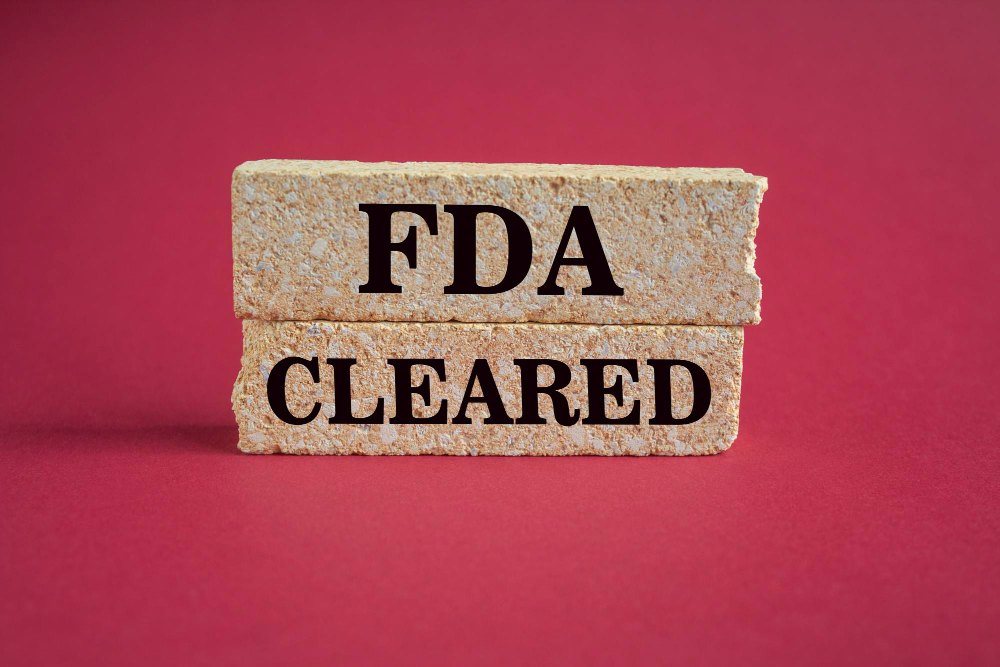New Generic Treatments for Alzheimer’s, TSC, and IBS-D
Amneal Pharmaceuticals, Inc. has announced significant advancements in their Affordable Medicines business with recent FDA approvals and a tentative approval. The company has received approval for generic versions of two important medications and a tentative approval for a third, potentially expanding access to treatments for Alzheimer’s disease, Tuberous Sclerosis Complex (TSC), and irritable bowel syndrome with diarrhea (IBS-D).
The FDA has approved Amneal’s memantine/donepezil extended-release capsules in 14-10 mg and 28-10 mg strengths, referencing AbbVie’s NAMZARIC®. This combination medication is indicated for treating moderate to severe dementia of the Alzheimer’s type. Notably, Amneal has secured 180-day exclusivity for this product, potentially giving them a significant market advantage.
Additionally, the FDA has green-lit Amneal’s everolimus extended-release capsules in 2 mg, 3 mg, and 5 mg strengths, referencing Novartis’ AFINITOR DISPERZ®. This medication is approved for treating TSC-Associated Subependymal Giant Cell Astrocytoma (SEGA) in patients aged one year and older. The approval of this generic version is expected to increase the supply of this critical oncology product, which currently has limited suppliers.
Lastly, Amneal received tentative FDA approval for rifaximin 550 mg oral tablets, a generic version of Bausch Health’s XIFAXAN®. This medication is indicated for the treatment of IBS-D in adults. The approval is tentative due to ongoing litigation surrounding the product.
Andy Boyer, Executive Vice President and Chief Commercial Officer of Affordable Medicines at Amneal, emphasized the company’s competitive advantage in driving innovation across complex categories to expand their portfolio. He highlighted the significance of the 180-day exclusivity for memantine/donepezil, the increased supply of everolimus, and the tentative approval of rifaximin in expanding their differentiated portfolio and providing new key therapies for customers, providers, and patients.
The most common adverse reactions reported for memantine hydrochloride include headache, diarrhea, and dizziness, while donepezil’s most frequent side effects are diarrhea, anorexia, vomiting, nausea, and bruising. For everolimus tablets used in TSC-Associated SEGA treatment, stomatitis and respiratory tract infection are the most common adverse reactions.
According to IQVIA® data, the U.S. annual sales for the 12 months ending November 2024 were approximately $88 million for memantine/donepezil tablets, $114 million for everolimus tablets, and $2.6 billion for rifaximin tablets (across all approved indications of XIFAXAN®).
Commentary by SuppBase columnist Alice Winters:

Amneal Pharmaceuticals’ recent FDA approvals and tentative approval mark a significant step forward in the realm of affordable medicines, potentially improving access to critical treatments for millions of patients. This development warrants a closer look at its implications for both the pharmaceutical industry and patient care.
First, the approval of generic memantine/donepezil extended-release capsules with 180-day exclusivity is a major win for Amneal. This exclusivity period could allow the company to establish a strong market presence before other generics enter the fray. For Alzheimer’s patients and their caregivers, this could mean more affordable access to a combination therapy that addresses both symptom management and disease progression.
The everolimus approval is equally noteworthy. TSC-Associated SEGA is a rare condition, and increasing the supply of treatment options is crucial. This approval could potentially lead to price competition and improved availability, benefiting a vulnerable patient population that often struggles with limited treatment options.
The tentative approval of rifaximin for IBS-D is intriguing, given the substantial market size indicated by the $2.6 billion annual sales figure. However, the pending litigation underscores the complex landscape of pharmaceutical patents and the challenges generic manufacturers face in bringing products to market.
From a formulation perspective, it’s worth noting that these approvals span different drug delivery systems – extended-release capsules and oral tablets. This showcases Amneal’s technical capabilities in developing complex generic formulations, a key differentiator in the highly competitive generic drug market.
The adverse reaction profiles of these medications highlight the importance of patient education and monitoring. While generics can offer cost savings, they must maintain the same safety and efficacy profiles as their brand-name counterparts. Healthcare providers will need to be vigilant in educating patients about potential side effects and monitoring for any unexpected reactions.
Looking at the broader market implications, Amneal’s strategy aligns with the growing demand for affordable medicines, especially for chronic conditions like Alzheimer’s disease and IBS-D. As healthcare costs continue to be a major concern in the U.S., companies that can successfully bring complex generics to market are likely to see significant growth opportunities.
However, it’s important to note that while these approvals represent progress in affordable medicine access, they are not a panacea for all healthcare cost issues. Factors such as distribution, insurance coverage, and patient assistance programs will all play crucial roles in determining the real-world accessibility and affordability of these treatments.
In conclusion, Amneal’s recent FDA approvals represent a positive step towards increasing affordable treatment options for several serious conditions. As these products enter the market, it will be crucial to monitor their impact on patient access, healthcare costs, and overall treatment outcomes. The success of these generic offerings could potentially set a precedent for future developments in the affordable medicines sector, ultimately benefiting patients and the healthcare system at large.



